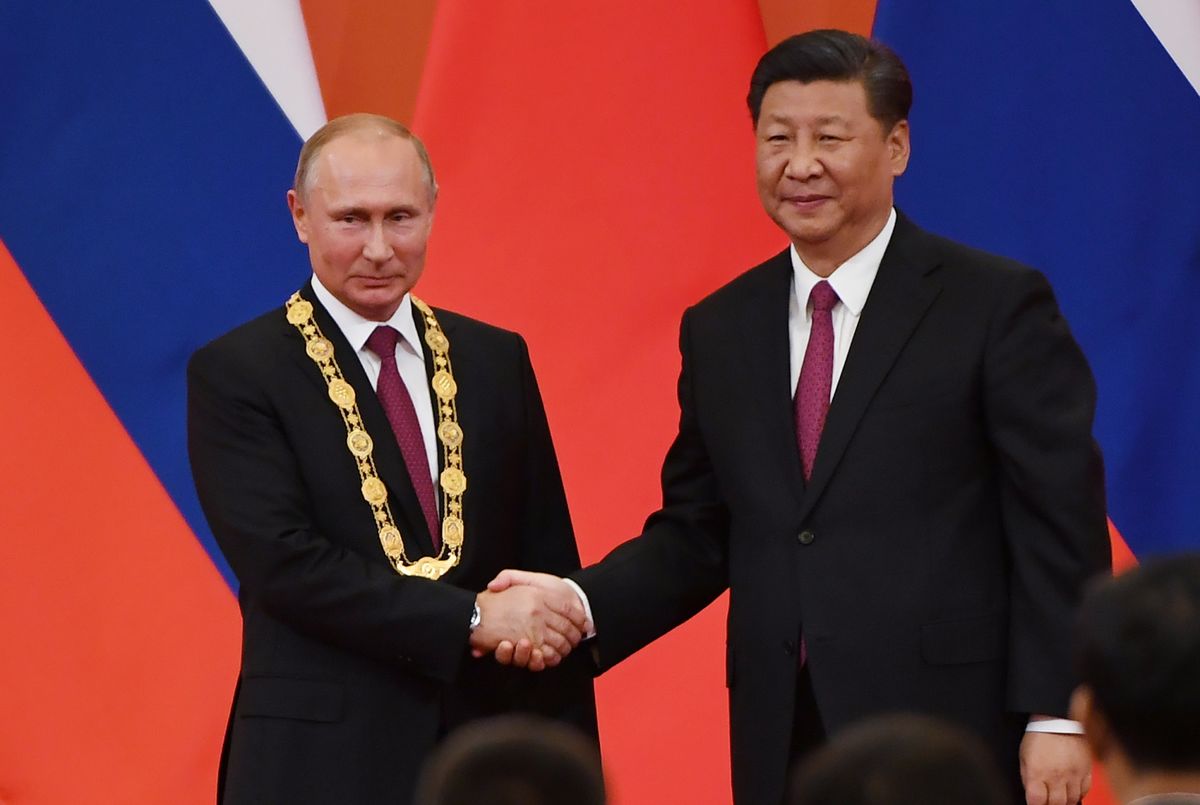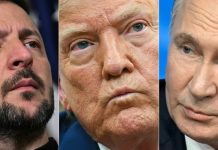Russia and China have established a groundbreaking satellite-based quantum communications system as a stepping stone for the more extensive geopolitical pursuit of covering friendly, Global South countries.
It was enabled by the Chinese Mozi satellite. This experiment successfully transmitted a message from a ground-receiving station in China linked to another Russian facility nearly 4,000 km away.
Alexey Fedorov revealed the successful experiment conducted last year in a paper in mid-December. Fedorov is a part of Russia’s National University of Science and Technology, the Russian Quantum Center (RQC).
A goal was to prove the hack-proof capability of quantum communication, which uses cryptography to encode data in single photons.
The revelation follows previous reports about Russian and Chinese plans to share satellite intelligence and data, part of their broader space cooperation program.
Interestingly, India too was invited to be a part of the project in July last year on the sidelines of a meeting of the Brazil-Russia-India-China (BRICS) grouping. Reports said the offer to New Delhi was based on the prevalence of credible research into quantum technology here, presumably making it an ideal candidate.
Need For Secure Quantum Communications
According to a report in the South China Morning Post (SCMP), Russian and Chinese scientists sent two encoded images secured by ‘quantum keys’ at a distance of 3,800 km, between a ground station close to Moscow and another near Urumqi in China’s western Xinjiang region.
This first “full cycle” quantum communication test was possible with the help of China’s quantum satellite Mozi, “which has opened pathways to develop national and international quantum communication networks.” Mozi was launched in 2016, and since then, China has set up a series of ground receiving and control stations to conduct various experiments.

Advanced supercomputers and quantum computing have allowed more “avenues for information systems to be attacked,” according to a paper published by researchers at RQC, Moscow-based QSpace Technologies, and MISIS University.
But Quantum communication – which uses cryptography to encode data in single photons – plugs this vulnerability. Encrypted data is transferred into ones and zeros and decrypted with a ‘quantum key.’
The Quantum Communication Experiment
While there has been significant progress in the development of the quantum key distribution, ground-based transfer at reasonable speeds using optical fiber cables is limited to around 1,000 km because of a loss of photons over long distances, according to the paper.
China launched Mozi in 2016 to overcome this hurdle and begin long-distance quantum transmission. In 2020, the Russian and Mozi teams set up a ground station with telescopes and cameras to track the satellite at the Zvenigorod observatory near Moscow. Various experiments were conducted between the Zvenigorod ground station and China’s Nanshan ground station near Urumqi.
The whole quantum communication experiment involved “secret keys” being given to between Zvenigorod and Mozi, which orbited between 600 km and 1,100 km above the ground station.” The paper said that once the Chinese side received the shared key from the satellite, a connection was established between two stations nearly 4,000 km apart.
Two coded messages were transferred and decrypted with the help of the two keys. The paper gave deeper and more “realistic” insights into the drawbacks of Quantum Key Distribution (OKD) systems.
India Unwilling Owing To Chinese Presence
Reports say India’s reluctance stems from security concerns about China, mainly as its government funds and backs strategic technologies like quantum. During the Future Technologies forum on July 13 last year, Russian President Vladimir Putin said he expected to “discuss specific projects” with “Indian partners, particularly in cutting-edge computing technology, data processing, storage, and transmission technologies.”
However, due to “heightened geopolitical tensions,” the prospects remain “uncertain.” Indian government officials have reported that multiple Russian delegations have visited various Indian institutes and government-affiliated departments since January 2023, but no concrete agreements have been reached.
Russia-China Satellite Data Exchange
The EurAsian Times report discussed how President Vladimir Putin touched upon the issue during a meeting with China’s top military officer overseeing the People’s Liberation Army (PLA) in Moscow.

Putin’s remarks suggested the two countries trade information from their respective spacecraft orbiting Earth, with the need for such an arrangement being more acute for Russia, given its overall lag in having extensive reconnaissance satellites.
This was in return for Moscow building an early ballistic missile warning system for China, the existence of which Putin revealed during the sixteenth meeting of the Valdai Discussion Club on October 3, 2019.
Quantumizing The BRICS
Moscow and Beijing have been intensifying their efforts to have an alternative financial, geo-economics, economic, technological, and commercial system to the Western-led mechanism. The quantum communications link can be seen as an effort in that direction.
In July of the same year, Putin had said at the Future Technologies Forum in Moscow that he planned to give quantum technology an “important role” in the economy and digital infrastructure. Fedorov also said it is “technically absolutely possible” to advance future technologies with fellow BRICS nations Brazil, India, China, and South Africa.
But while the project has scientific, technical, and commercial potential, the countries would first need to align their national telecommunications, IT, and data exchange laws. Quantum communications networks also need other infrastructure like specialized satellites and ground control stations.
- The author can be reached at satamp@gmail.com
- Follow EurAsian Times on Google News




